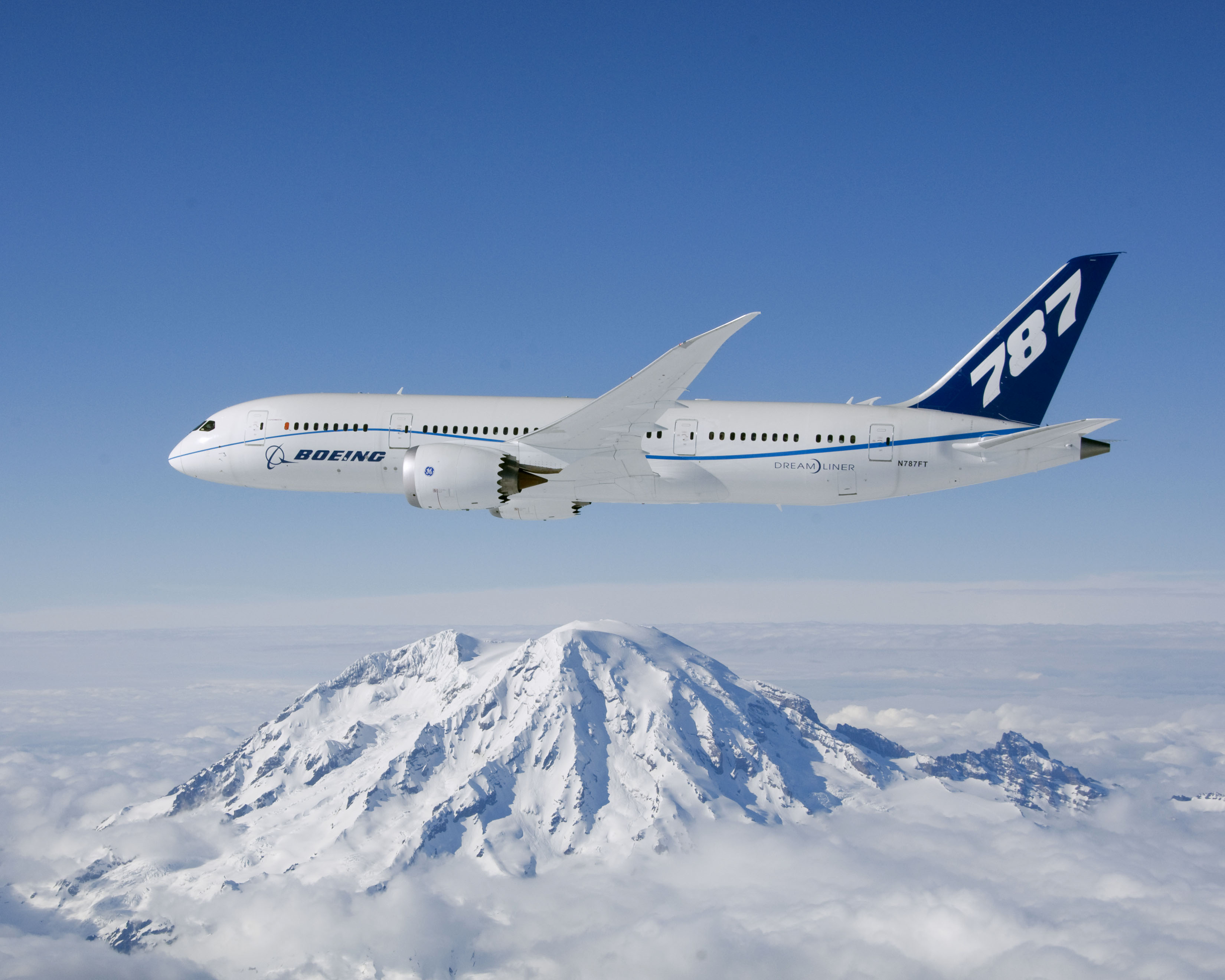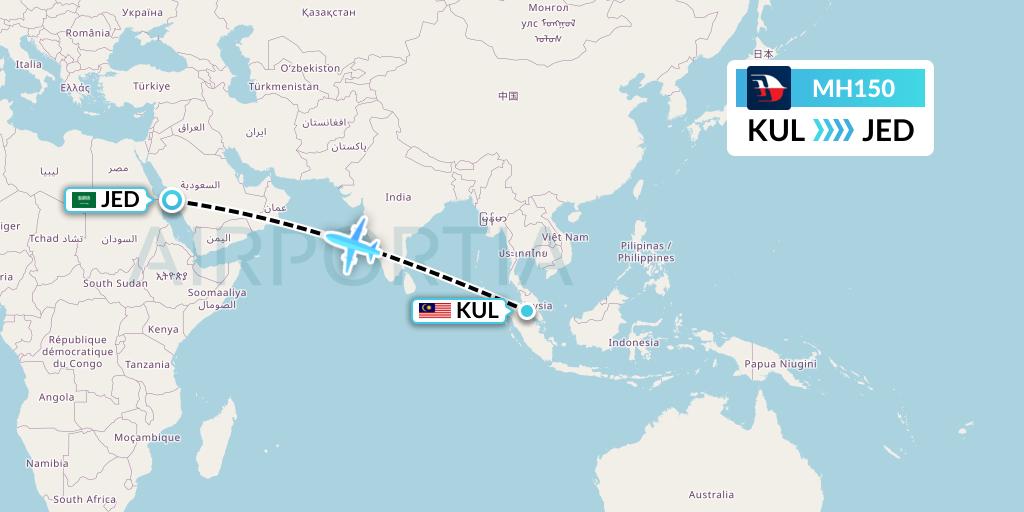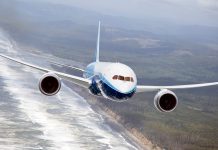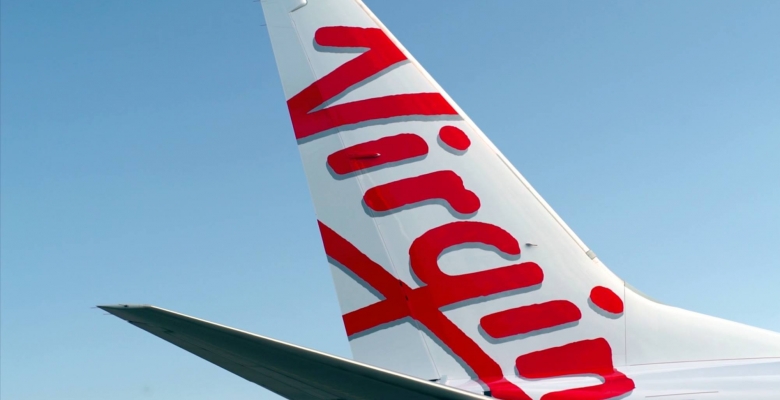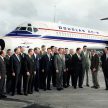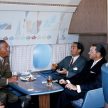Virgin Australia is sending off outgoing chief executive John Borghetti with a flood of mostly black ink after the group posted its strongest underlying interim pre-tax profit since 2008 and achieved record revenues.
But the airline group hedged its bets about what will happen in the current economic environment by restricting its outlook to the third quarter ending in March.
Based on current market conditions and forward bookings, it said group revenue was expected to grow by at least 7 percent on the prior corresponding quarter.
Looking beyond that, Borghetti told reporters on the results teleconference, involved too many outside factors.
He agreed market conditions were uncertain for this financial and calendar year and described the revenue guidance for the quarter, rather than the full year, was appropriate.
Virgin would keep monitoring the economic environment and update the market as time moved on.
READ New Virgin boss says staff culture a key to success.
Asked what factors were involved, he said: “Just pick up the newspaper. Everything from global trends to oil to politics to geopolitical discussions that are going on.
“It’s very easy to point to many things. The best we can do is give the guidance that we see is appropriate and that is for the quarter.’’
Regardless of what happens next, Borghetti is leaving Virgin in a good position to cope after moving to strengthen the balance sheet in recent years.
He believes Australia, where Virgin has 70 percent of its business, is “in pretty good shape” despite a housing slump and uncertainty caused by elections..
The group posted an underlying profit of $A112.3m, up 37.1 percent, for the six months to December 31 on record revenue $3.07 billion that was up 10 percent.
Borghetti noted this came despite headwinds of $A88.2m from fuel and foreign exchange.
The statutory profit of $A73.8m was up by $A69.4 million and net profit attributable to shareholders was also higher at $A96.2 million.
Other good signs were included increased operating cash levels, lower financial leverage and a 7 percent reduction in debt compared to the first half of fiscal 2018.
Officials confirmed that the airline’s restructuring program is on track to deliver $A400m in benefits by mid-year and said that another three-year push to save $A300m was being planned.
“We’ve made solid progress in strengthening the financial foundations of our business,’’ Borghetti said.
“Today’s results continue to demonstrate the on-going success of our cost transformation program which is improving cash flow and reducing financial leverage to deliver sustainable profitability.’’
On a segment basis, Virgin Australia Domestic delivered record half-year underlying earnings of $176.7 million, up 26.8 percent on the previous half year.
The segment reported 10.3 percent revenue growth supported by a 6.3 percent improvement in domestic yield and a 4.1 percent increase in passengers.
The smaller international arm grew its capacity by 14 percent and revenue increased 15.2 percent to $666.1 million but its losses widened.
It recorded an EBIT (earnings before interest and tax) loss of $12 million, down $9.3m on the $A2.7m lost in the previous period, against a backdrop of $32.2m in fuel and foreign exchange changes.
Borghetti said the group was encouraged about revenue, passenger growth and higher yields in the segment and remained focused on accelerating its strategy for the greater China market through Hong Kong.
“This remains the fastest growing and most valuable international market for the business,’’ he said.
TigerAir Australia, which is in the throes of changing its fleet from Airbus A320 to Boeing 737 aircraft, recorded an EBIT Loss of $A8 million.
Virgin noted Tigerair’s EBIT was hit by accelerated depreciation due to the fleet transition as well as by fuel and foreign exchange.
It said a 9 percent drop in passengers and 11.5 percent fall in capacity was due to the reduction in the size of the low-cost carrier’s fleet from 17 to 15 aircraft.
The Virgin chief said management was restructuring the business, improving fleet utilization and taking a disciplined approach to capacity management.
The group’s Velocity Frequent Flyer program, which now has 9.5 million members, saw a 5 percent increase in earnings to $A59 million.
Borghetti emphasized the importance of Virgin, which has grown its domestic market share from about the mid-twenties to about 36 percent under his reign, to competition.
“We now have a strong business with a strong future that (supports) true strong competition in any measure in any part of aviation in Australia for the benefit of the traveling public,’’ he said.
Borghetti leaves Virgin at the end of March and will be replaced by Paul Scurrah.


